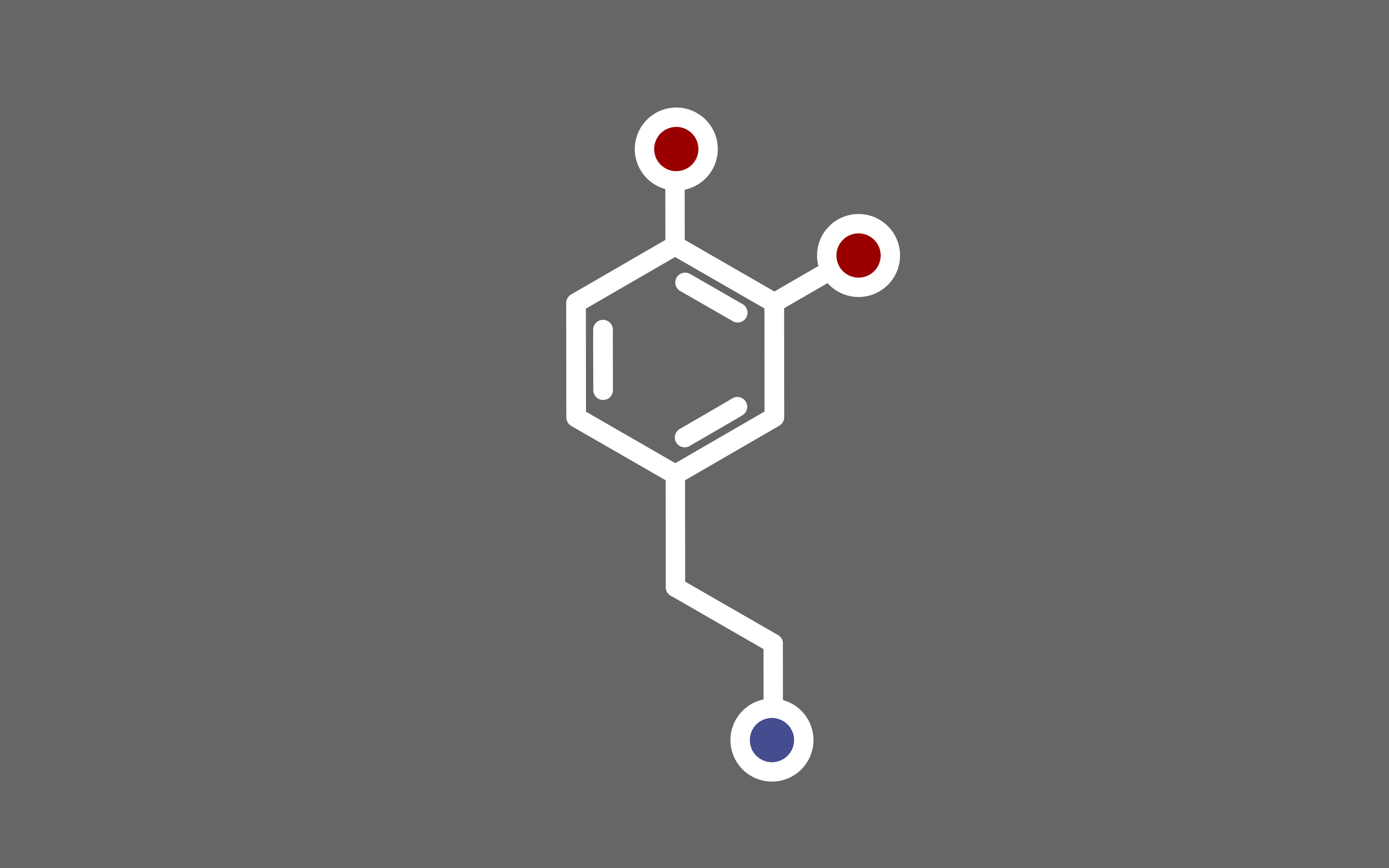Seeing Is Believing?
Seeing is believing. It used to be such a universally acknowledged viewpoint that almost all languages, eastern or western, possess similar expressions. Throughout history, this common idea has guided us and encouraged our ancestors to seek the truth, and, to some extent, it also leads to the advent of experimental science and other branches of scientific knowledge. With a deeper understanding of the world we live, people begin to doubt and challenge this proverb. Given the interest in, debate on, and controversy over the saying, it seems desirable for us to explore further the issue it raised.
To further discuss whether it is true or false, I here attempt to elaborate, refine and on occasion, supplement reasons why this proverb enjoys such great popularity. When we try to perceive the universe and be thoughtful, it is so natural that we often neglect the influence of our biological structure. Seeing is probably the most frequently used method by which humans know and even describe the environment around them. If we develop this concept to a broader topic, seeing can also mean smelling, tasting, hearing and touching - all the senses that we born to have. Signals from outside world are received and processed by our brain unconsciously. It is extremely easy for us to take what we see every day for granted, which, as far as I am concerned, is unimpeachable, because in most cases, this straightforward way reveals the truth. We see colorful flowers, and most flowers are colorful, which meets our expectation. We feel cold at winter, and every year there is a cold season, which fits our intuition.
However, believe what we see is simply follow our nature and far from becoming wise. What differentiate normal people from scientists and philosophers are the exceptions contradictory to common sense or things that exist but unreachable or invisible. There are natural limitations of our brain, as Immanuel Kant pointed out, how can we justify what we see is exactly what others perceive? How can we believe and what should we believe if the same signals are processed differently? Furthermore, if we can not guarantee we are thinking in the same way, how can we assert the world is the same as consensus that people have reached? Although people agree on most things, there are plenty of examples to support Kant’s idea. For instance, mentally ill patients get irritated or disappointed more easily than normal people. Can we assert that the world in their mind is the same as the one in our mind? Or is the world in the color-blinded people’s eyes the same as the one in normal people’s eyes? To say the least, even if we assume that humans see and think about the world in the same way, which is apparently false, there are still a lot of things beyond our abilities to feel our world. Visible light is only a small part in a much wider range of electromagnetic wave and millions of compounds are tasteless or odorless. Apart from acoustic wave, modern scientific research has shown the existence of ultrasonic and infrasound wave. Compared to Aristotle, who concluded after his observation that ‘force is the cause of motion’, Isaac Newton is regarded as a greater physicist for seeing though the illusion of ‘friction’ and coming up with the axiom of Newton’s first law of motion.
So, to look deeper into the saying ‘seeing is believing’ itself, I reckon we never truly believe anything we see unless we choose to do so. Ordinary people tend to be satisfied with what they see, or what they are taught and read in the in the textbook and they never do any experiment to justify their authenticity, because most of the time, we seldom remember to doubt. Instead, Steve Jobs chose to ‘stay hungry, stay foolish’ and not to be content. This is the reason why Apple can become outstanding and still keep striving for perfection even today.
Sadly, citizens nowadays have an illusion that they are thinking independently and not believing things they see. They think they are the wise, which is not the case. Hongkong youngsters choose to believe in the so called democracy and refuse to believe in the mainland’s legal and political system. They, like any foreigners in the world, witnessed and experienced the fast rising of China and slow declining of Great Britain but still refuse to admit the advantages of socialism with Chinese characteristics and disadvantages of Western democratic society. Alternatively, when mainland Chinese talk about the current political situation in Hongkong, they always criticize real-estate businessmen. Could this be a political more than a housing issue? Maybe those pro-democratic politicians choosing to stand against policies from mainland should be responsible for the riots in Hongkong. What is the difference between them and us if we follow others blindly and be vulnerable to instigation as well?
Luckily, humans, however, have gone far beyond this proverb. We exceed what nature provides us and become something more than ourselves. Behind the superficial phenomenon lies the more fundamental principles and we actually use our brain and imagination instead of senses to tackle with complexity and interference to induce a new paradigm that better fits reality. The content of this saying is, of course, outdated probably 500 years ago at the beginning of scientific era whereas its essence remains priceless. The purpose of this proverb is not literally try to teach us what we should believe. Instead, it has been enlightening humans from ancient times not to take things for granted but to think rationally and seek evidence or proof. ‘Seeing’ is simply a metaphor, meaning we should always try to go deeper to the more basic level and make things clearer. We invented telescope and microscope in order to see this world in much more detail rather than daydreaming and sometimes now, what limits us is not our senses but the physical law itself in our universe. In modern times with much information, true or false, mingled together, we all should open our eyes and broaden our horizon, observe carefully and always be skeptical, trust only experiments and practice. With these, the ultimate secrete of our known universe might shine with a quick flash of insight.



